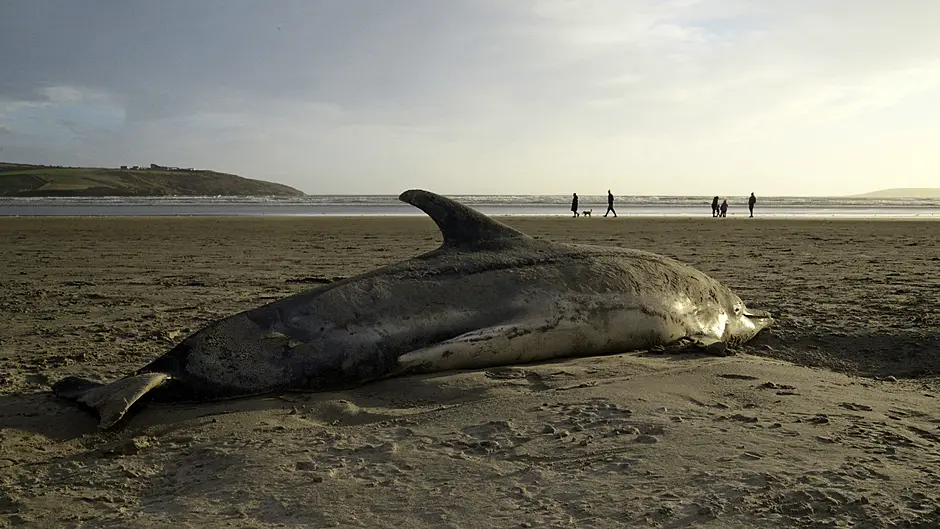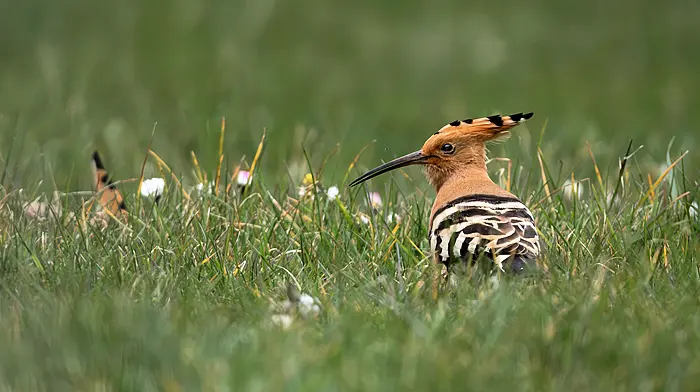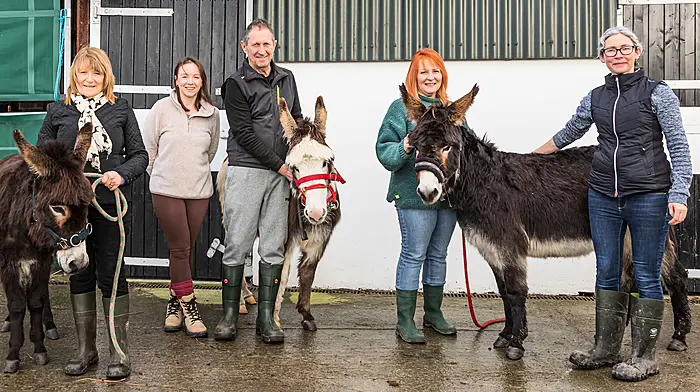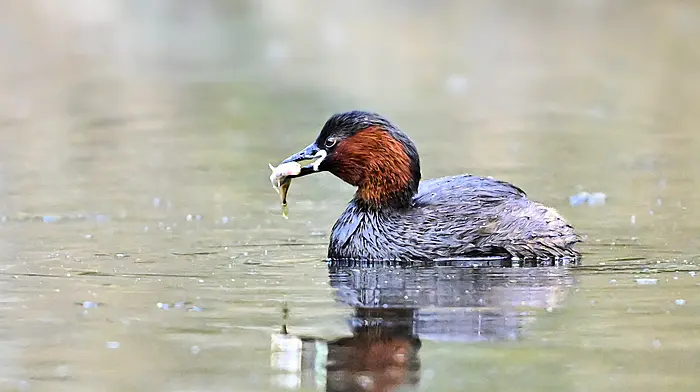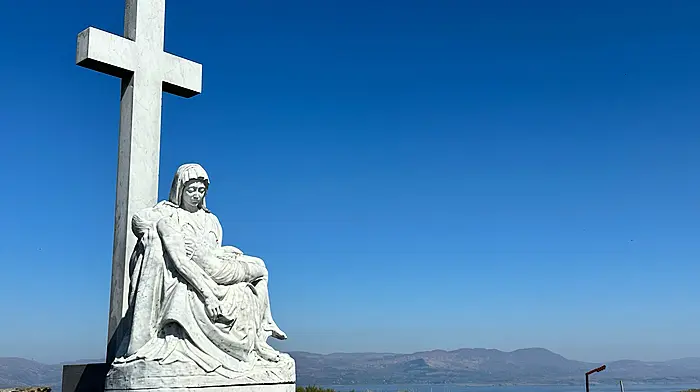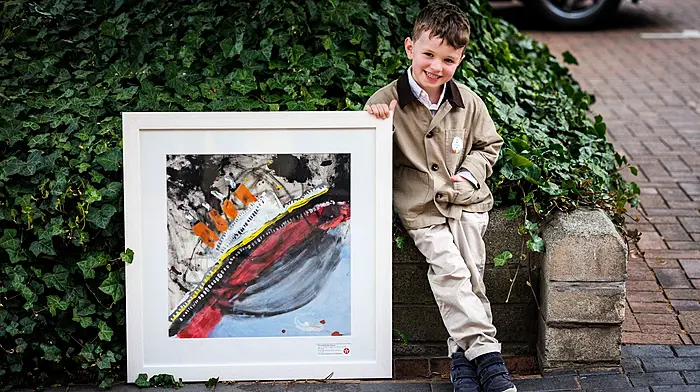PEOPLE clearing the Christmas cobwebs at the Harbour View beach in Kilbrittain last Wednesday were able to see the remains of a largely intact dolphin that was deposited very close to the shore.
Harbour View is a big beach so people out exercising themselves, and their dogs, were very surprised to see it high up on the beach, leading to speculation that it was carried in on a particularly high tide.
Details about the dolphin, which was reported to be about 6ft from nose to tail, and a photograph, have been emailed to the Irish Whale and Dolphin Group’s (IWDG) strandings officer, Stephanie Levesque.
Stephanie, who is from Massachusetts and did her thesis on common dolphin strandings in Cape Cod, jumped at the chance to come work in Ireland with IWDG. She said there are 25 species of whale, dolphins and porpoises that have been seen in these waters.
‘When we get a report of a stranding, either a striped dolphin, common dolphin or harbour porpoises, we will get photographs of that animal and see if it is fresh enough, if it is suitable, for post mortem,’ Stephanie said in an online interview.
‘If it is, we will either go ourselves, or have great volunteers around the country that will bring it part of the way. The next step is to bring it to Cork to the regional vet lab.’
Stephanie said the vet does the post mortem, but the IWDG will assist, and a final case history report is prepared.
West Cork sightings officer Pádraig Whooley said that IWDG gets reports of hundreds of single dead dolphins washing up in varying degrees of decay every year.
‘They are generally common dolphins,’ he said. ‘But we do get a few other species as well. Pádraig said the photograph taken by Denis Boyle is ‘a strong visual and a reminder to all readers of The Southern Star that our seas are not always safe places for our marine wildlife.’
He also said people can report such strandings to IWDG either using the ‘Report a stranding’ link on their website www. iwdg.ie or using the IWDG Reporting App.
Stephanie Levesque said it is great that this type of work is being carried out to get some answers. She was also full of praise for the response of the general public. She believes the sightings and strandings schemes are important in the way they get the public involved, and leads them to be more interested and supportive of the IWDG’s work.
Stephanie welcomed the fact that so many people are sending their reports, photographs and videos through Facebook and email.
The IWDG strandings officer can be contacted on 083 1641390, or by emailing: [email protected].

